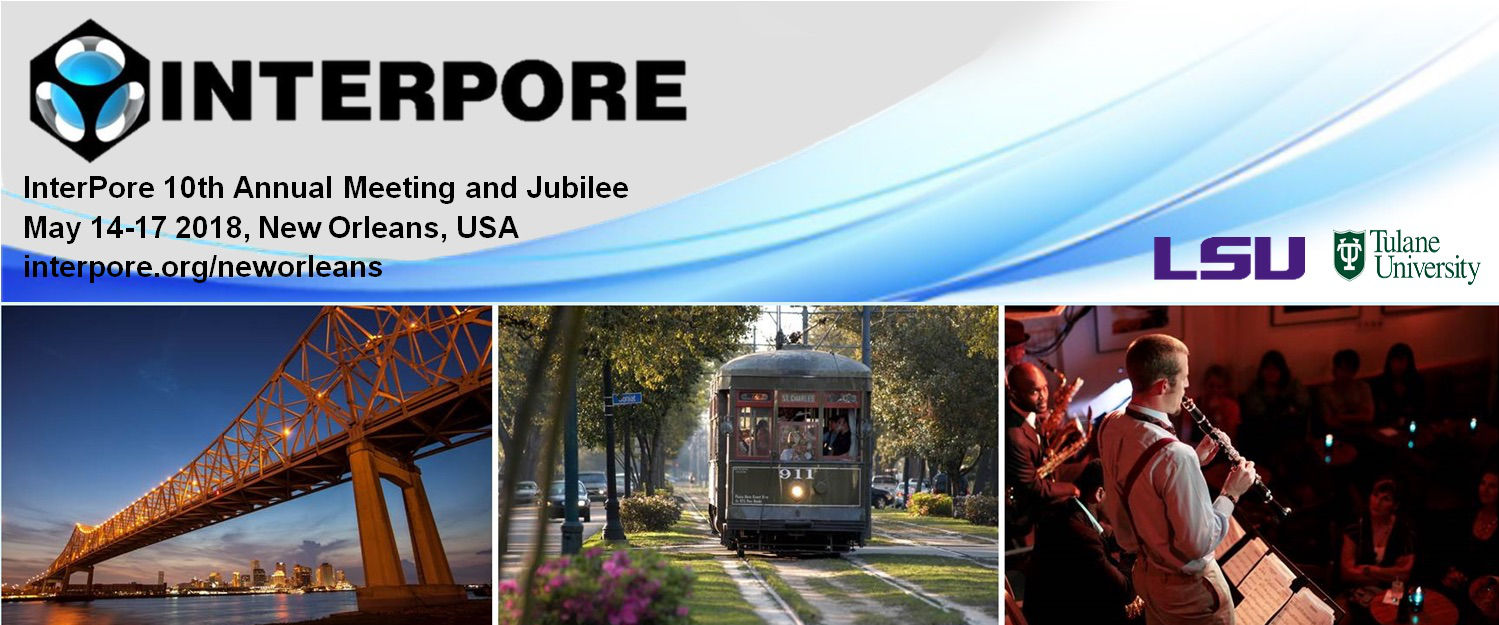Speaker
Description
Proppants are small, granular additives used in hydraulic fracturing to keep induced fractures open and permeable after the reservoir pressure is lowered; typically sand is used. These materials are designed to resist the closure force across a fracture face and allow fluid to migrate out of the system. While the simple mechanical support of the proppant keeping a fracture open is well understood, the interplay between hydraulic fracturing additives, rock strength, and proppants is still lacking.
Experiments were conducted on Marcellus Shale samples that were cored and saw cut to create an artificial, uniform fracture. 40/70 US Silica White™ proppant was loaded into the fracture. Cores were then subjected to a confining pressure of 20.7 MPa at a temperature of 71°C. Each core was then exposed to either deionized water, simulated hydraulic fracturing fluids, or air and allow to react for a period of 5 days. Each core was scanned using computed tomography (CT) before and after the test to evaluate for proppant embedment. Scanning Electron Microscopy (SEM) was used to take high resolution images of the fracture surfaces after the experiment to evaluate embedment features that occur below the CT scan resolution.
Fractured cores that were filled with air or water did not exhibit mechanical signs of change in the CT or SEM. Rock integrity was not compromised and the proppants performed as designed with very little in the way of crushed proppant or rock material. When the hydraulic fracturing components were added, there were clear signs of indentation on the fracture surface.
| Acceptance of Terms and Conditions | Click here to agree |
|---|


